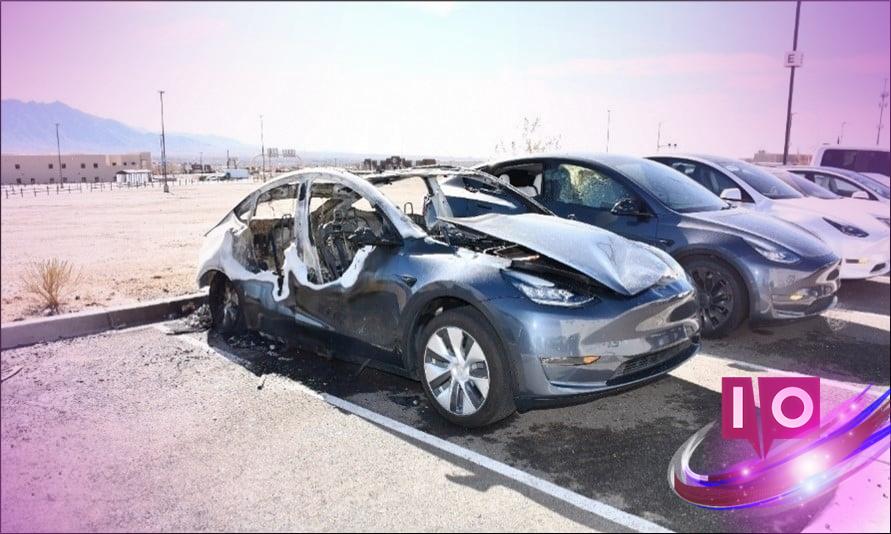In a surprising turn of events, it appears that even the Trump administration has taken notice of Tesla’s delayed accident reporting practices. The National Highway Traffic Safety Administration (NHTSA) is investigating the company’s tendency to take months to submit reports related to crashes involving its driver-assistance technology, as reported by Reuters.
So, just how long is Tesla taking to share their crash report data with the NHTSA? Federal guidelines suggest that reports should be submitted within one to five days after an incident, while Tesla has reportedly been dragging its feet for “several months or more.” This long delay has likely led to many follow-up emails as the NHTSA attempts to push compliance from Elon Musk’s firm.
In response to these concerns, the NHTSA’s Office of Defects Investigation has initiated an audit aimed at uncovering the reasons behind these reporting delays. This investigation will assess the extent of the delays and evaluate any strategies Tesla has implemented to rectify them. According to Bloomberg, the delays have largely been attributed to a data collection issue that Tesla claims has been resolved. Nonetheless, the NHTSA is keen to confirm the validity of this assertion, particularly given Tesla’s past instances of attempting to control public disclosure of safety-related data.
The scrutiny on Tesla is particularly interesting, especially when considering the current administration’s general friendliness toward autonomous vehicle development. Earlier in the year, the NHTSA even relaxed certain rules concerning self-driving vehicles and the safety protocols that govern them. Surprisingly, Tesla now finds itself under the microscope for not adhering to these eased regulations, which it had previously lobbied for.
This investigation adds to the growing list of ongoing actions by the NHTSA toward Tesla. Under the Biden administration, the agency launched an investigation into Tesla’s full self-driving technology following multiple incidents, including a fatal crash. Another probe was opened regarding reports of Tesla vehicles crashing while a feature that allows for remote control was activated. More recently, in June, the NHTSA began inquiring about Tesla’s robotaxi service launched in Texas, aiming to understand if employees are able to control these vehicles remotely.
What happens next? With multiple investigations in progress, Tesla’s commitment to safety and transparency will be tested. It’s a critical moment for the automotive giant, as public and regulatory scrutiny intensifies.
Are Tesla crash reports delayed due to negligence? While Tesla cites data collection issues, the length of these delays raises serious questions about their commitment to safety and transparency.
How does Tesla’s crash reporting compare to industry standards? The NHTSA expects reports within one to five days, whereas Tesla has reportedly taken several months, highlighting a significant gap in compliance.
What implications does this have for Tesla’s reputation? Continuous delays in reporting may harm Tesla’s credibility, especially as it navigates an already watchful regulatory landscape.
In conclusion, the spotlight on Tesla highlights how crucial it is for companies to adhere to safety protocols and transparency in data reporting. The ongoing scrutiny indicates that regulatory bodies are serious about maintaining safety standards. For further insights and timely updates, continue to explore related articles on Moyens I/O.
